One of the most frequently asked questions is: How Often Should You Wash Your Hair? The answer isn’t one-size-fits-all. The best hair stylists and a dermatologist reveal their opinions and state that the hair type, lifestyle, and condition of the scalp have a great influence on the washing schedule of hair. for example, in the blog post with the title, How often should you wash your hair? how individuals wash themselves and what kind of shampoo they employ on their hair.
How Often Should You Wash Different Hair Types?
Understanding your hair type is crucial to determining the right washing frequency.
1. Straight Hair and Wavy Hair:
Straight hair is easily covered by sebum and readily becomes greasy. Natural oil travels down the hair shaft more easily. But how often should you wash straight hair and wavy hair? It’s typically recommended to wash it every 2-3 days. using a 2-in-1 non-foaming cleanser. Cleansing Cream for Moisture and Control is also a good option for cleaning your hair without stripping its natural oils. If you notice greasy hair after washing, hormones or using too much product could be the cause.
2. Fine or Thinning Hair:
Fine hair often looks limp and oily more quickly than thicker hair. If you have fragile hair that becomes easily damaged with washing, you might need to wash it every other day. Use a gentle, volumizing shampoo, especially if you’re concerned about thinning hair. A leave-in conditioner, a clarifying shampoo you must use it. The best thinning shampoo for fine or thin hair is Tea Tree Scalp Care Regeniplex Shampoo. This shampoo is not only a scalp-revitalized shampoo but also thickens and strengthens thin hair.
3. Thick or coarse hair:
Thick hair, whether straight or curly, often requires less frequent washing. The main purpose is to retain moisture better than fine hair. Generally, washing every 3–7 days ensures cleanliness and health. If you do, overwashing thick hair strips away natural oils and leads to dryness and frizz, particularly in coarse or curly textures. To maintain moisture, it’s essential to use hydrating shampoos and conditioners, as well as deep conditioning treatments. Additionally, incorporating a leave-in conditioner or oil can help seal in moisture. For those with curly, thick hair, protective hairstyles can reduce the need for frequent washing while preserving hair health.
4. Curly or Coily Hair (African American Hair):
Curly and coily hair, including African American hair, often thrives on less frequent washing. Once a week or even biweekly, they wash their hair. Since this hair type is prone to dryness. It’s important to maintain its natural oils. So often trends “no poo” and “co-washing” styles come here.
Those with curly hair should use a moisturizing shampoo and cleansing oil every time they wash. For those who have damaged hair, SheaMoisture’s Manuka Honey and Mafura Oil Intensive Hydration Formula products are awesome options.
READ MORE: “Comprehensive Review: Shea Moisture Manuka Honey & Mafura Oil Intensive Hydration Shampoo”
The Ultimate Guide: Hair Care Ingredients to Avoid for Healthier Locks
Unlock the Secrets of Co-Washing for Healthier Hair
Special Considerations for Hair Washing
1. Active Lifestyle: If you’re hitting the gym regularly or live in a hot climate, you might wonder, “Should I wash my hair every other day?” Sweating can lead to a greasy scalp. Overwashing can also strip your hair. Some hairstylists suggest washing your hair only when it’s dirty. “Dirty—with actual dirt or build-up, Sweat and oil are not dirt. Opt for a mild shampoo or try rinsing your hair without shampoo to refresh it between washes.
2. Dandruff or Scalp Issues: If you’re dealing with dandruff, it means you have a confused dry scalp. The result is an itchy, flaky scalp. Unlike a dry scalp, dandruff results in a lot of oil on the scalp. If you have yellowish flakes that come a few days post-wash, it’s dandruff. To handle this condition, dandruff shampoo is used three times a week. Use cool or fresh water. Every three to four days is a recommendation for washing if you have a normal-to-dry scalp.
If you feel like you need to wash more often, use a conditioning rinse every other day instead of a full wash. Apply conditioner to your hair and wash with water. but at the same time, you have a dry scalp, which means that your hair loses moisture and turns into dryness and small white flakes.
In general, shampooing less repeatedly, once a week or less. This can help natural oils protect and nourish your scalp. A super dry scalp many causes may excess yeast and even sunburn. Other characteristics—weather, medical treatment, skin conditions, your age, and foods—add to the mix.
Some hair care products left behind after your shower could be annoying to your scalp. You can use non-medicated, mild shampoo or shampoo for a dry scalp.
3. Color-treated or chemically treated hair: How long should you wait to wash your hair after dyeing it? It’s best to wait at least 72 hours after coloring to help the color set. Hair dye works by opening the cuticle layer of your hair, which allows the color to penetrate. If you wash your hair shortly after dyeing. The cuticles may not have fully closed, causing the color to fade or wash out more quickly. Waiting 72 hours gives the cuticles enough time to seal in. At this time, the color stays vibrant and lasts longer.
For permed or straightened hair, the 24-48 hour window before the treatment is crucial to ensure the hair is clean but not overly conditioned or soft. This helps the chemical solution penetrate and alter the hair structure effectively, whether you’re creating curls, waves, or straightening. However, after these treatments, it is also advisable to wait 72 hours.
Permed hair requires special care to maintain those beautiful curls or waves. “Do you wash your hair before a perm?” It’s normally suggested to wash your hair 24-48 hours before getting a perm. This ensures that your hair is clean but not too soft, allowing the perm solution to penetrate better. The same if you do straightening, bonding treatments, relaxing, and keratin treatments. Wash your hair for 24-48 hours.
Common Myths and Misconceptions
Let’s clear up some of the common myths around hair washing:
- Does washing your hair every day make it fall out? Not directly, but over-washing can lead to dryness and breakage, which may make hair appear thinner.
- Does sleeping with wet hair make it greasy? Not necessarily, but sleeping with wet hair can lead to a damp scalp. which might make you feel greasy or dead the next day.
- If you don’t wash your hair, does it grow faster? There’s no scientific evidence supporting this. Hair growth is based on genetics, oilying the hair, and keeping the scalp properly clean. Also, healthy food and a healthy lifestyle are basic for growth.

How to Wash Hair Properly
Proper washing techniques are just as important as frequency.
- Use the right amount of shampoo: How much shampoo should you use? For most hair types, a quarter-sized amount is sufficient and accounts for your hair length.
- Rinse thoroughly. Leftover shampoo or conditioner can weigh hair down and make it look greasy. Make sure to rinse your hair.
- Condition strategically: Generally every type of hair is dry in the end. Do focus on the ends of your hair where moisture is most needed. Too much conditioner at the roots can lead to an oily scalp.
- Shampoo Alternatives: For those who prefer to avoid shampoo, consider a no-wash routine. Co-wash is a shampoo alternative that uses only conditioner.
- Braids and Extensions: Braids and extensions problematize shampooing. It’s an easy wash routine because your scalp is covered and you want to preserve the style. Try to keep an every-other-week washing schedule. When you do shampoo, focus on the scalp and make sure you’re washing beneath the braids.
- Styling Products: If you use a styling product that creates a heavy, greasy build-up. It ought to be washed off your hair and scalp. Product buildup can dry the hair and cause it to lose healthiness. A hair cleansing routine involves a gentle clarifying shampoo treatment about twice a month to remove it.
Table of Contents
ToggleConclusion
When it comes to how often you should wash your hair, there isn’t a universal answer. This will depend on the type of hair that you have, the condition of your scalp, and your activities. It is entirely up to you whether you wish to wash your hair daily once a week or even each weekday; the important thing is to learn when it is time to wash your hair again. Then you can pamper your hair to the best of its ability without over-styling it.
If you want to learn more about healthy hair and get tips from other people who would also love to have healthy hair, one great place to go is the Healthy Hair Society. You can therefore be in a position to have a washing routine that makes it healthy, shiny, and well-conditioned.
FAQs
Is oil hair bad?
Oily hair is not bad. The natural oils (sebum) produced by your scalp. This oil is essential for keeping your hair healthy and hydrated. However, too much oil can lead to a greasy appearance. Living in a polluted or humid environment can make your hair feel greasy faster. It’s important to find the correct washing frequency.
Should You Wash Your Hair Every Day?
Some people feel the need to wash their hair every day. Generally not necessary and can damage the hair. Washing too often can strip your scalp of its natural oils, leading to dry hair. If you have oily hair and feel the need to wash it daily. Wash with a gentle shampoo designed for frequent use.
How Much Shampoo Should You Use?
Using too much shampoo can be just as harmful as washing too often. A quarter-sized amount is usually enough to clean your scalp and hair thoroughly. Focus on the scalp, where oils accumulate, and let the shampoo rinse through the ends. Hot oil treatment and scalp massages are used to add moisture and shine. Improve hair elasticity in dry or damaged hair. Scalp massages improve blood circulation and boost hair growth. After these treatments, wash your hair with hair a shampoo and shampoo bar to eliminate all extra oil in the scalp and hair.
The Benefits of not washing your hair daily?
Skipping a day or two between washes allows your scalp to regulate oil production naturally. This can lead to healthier hair over time. Additionally, using conditioner on non-wash days can help keep your hair soft and manageable. But if you wear a scarf and live in hot weather, wash your hair two times a day. Sometimes washing your hair every day is bad.
Is It Bad to Take a Shower Every Day?
Taking a shower every day isn’t bad. But regular hair washing during those showers can be bad for your hair. If you like to take daily showers, use a shower cap to protect your hair.

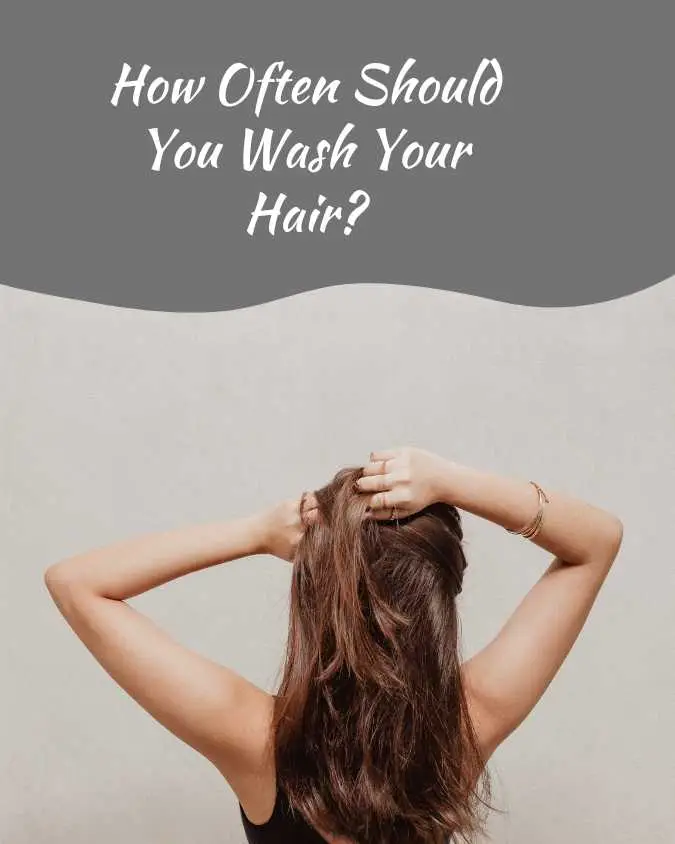

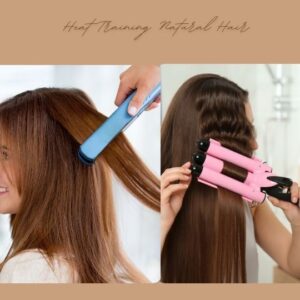



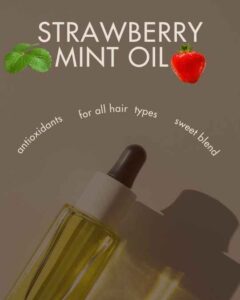


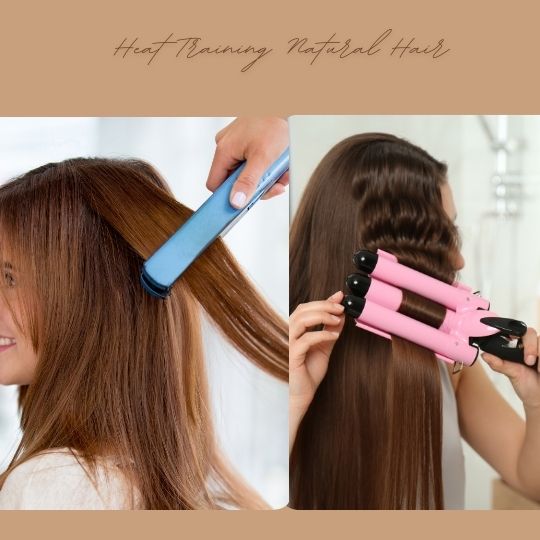

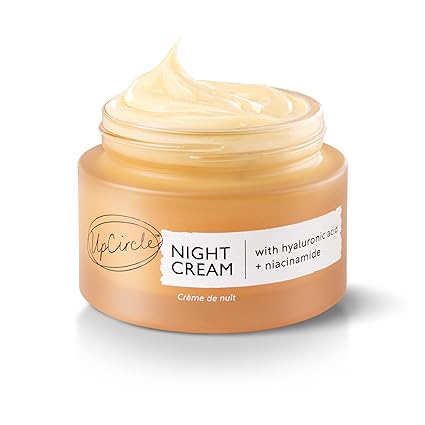
2 Responses
Great article! I really appreciate the clear and detailed insights you’ve provided on this topic. It’s always refreshing to read content that breaks things down so well, making it easy for readers to grasp even complex ideas. I also found the practical tips you’ve shared to be very helpful. Looking forward to more informative posts like this! Keep up the good work!
Thank you so much for your kind words!